Two types of Ben Tre trees, the Siamese coconut and the green-skinned grapefruit, have just been granted intellectual property protection by Canada, opening up market opportunities for these two products.
Opportunities for Vietnamese fruits
According to information from the Department of Agriculture and Rural Development of Ben Tre province, the Canadian Intellectual Property Office has simultaneously approved exclusive protection for both trademarks: The trademark "Ben Tre Pomelo & Device" for green-skinned pomelo with registration number TMA1,257,893 and the trademark "Ben Tre Coconut & Device" for green coconut with registration number TMA1,257,904. Department of Science and Technology of the province Ben Tre is recognized as the owner of 2 certification marks.

Geographical indication and certification marks are intellectual properties, also effective legal tools to not only prevent infringements but also create the premise for the province's agricultural products to be called "BEN TRE" when going global; at the same time, affirming the quality and characteristics of the products in the international market and also opening new doors for regional economic development, especially in the field of agricultural exports.
Geographical indications and certification marks are intellectual properties, and are also effective legal tools to not only prevent infringements but also create the premise for the province's agricultural products to be branded with the name "BEN TRE" when going global.
Therefore, Ben Tre province has chosen a market with world-class high standards like Canada to build. trademark for the province's agricultural products. The success of building a brand in a high-end market will be a great source of encouragement and motivation for continuing to implement the branding of Ben Tre agricultural products on a global scale.
The success in protecting intellectual property rights for Ben Tre green-skin pomelos and Ben Tre green coconuts not only recognizes the tireless efforts of the entire Ben Tre province in affirming the quality and characteristics of its products in the international market, but also opens a new door for regional economic development, especially in the field of agricultural exports.
Canada is a potential market that Ben Tre province is aiming for to export high-value goods, which is also a good condition to expand exports globally. Therefore, the agricultural sector has strengthened propaganda and guided farmers to produce green coconuts, green-skinned grapefruits as well as other fruit trees according to VietGAP, Global GAP, organic standards, value chain production... to improve the quality of goods.
According to the Vietnam Trade Office in Canada, Canada's fresh vegetable import market is worth an average of 3.7 billion USD and has been increasing steadily over the years. The main exporting countries to Canada besides the United States and Mexico are China, Guatemala, India, Spain, Peru, Honduras, Belgium, and Türkiye.
According to the Vietnam Trade Office in Canada, looking at the competitive structure, it can be seen that for Asian specialty fruit products, Vietnam currently has no strong competitors.
Vietnam is still the largest exporter of items such as: dragon fruit, lemon/grapefruit, fresh coconut, and recently guava, mango, longan, durian and fresh lychee. However, in general, guava, mango and coconut items have increased slightly (the strongest increase is lemon/grapefruit at a rate of 483%). The data also shows the growing competition trend for fresh fruit items that Vietnam has strengths in such as dragon fruit, durian, longan, lychee, mangosteen from South American countries.
Notably, Vietnam is currently benefiting from integration frameworks. Vietnam's export products currently enjoy a 0% most-favored-nation tax rate. In addition, CPTPP is also an opportunity for Vietnamese goods, especially coconuts and green-skinned grapefruit, to boost exports to Canada.
Removing barriers
Canada is a G7 country with very strict standards, so exporting to this market is not easy. However, if goods can enter this country, it will open the door to the demanding North American market, then Central and South America.
In the Canadian market, Vietnamese goods also face great competition from Chinese traders. In addition, Vietnam has not yet preserved and developed traditional fruit varieties/species and new fruit varieties that are popular in the market. Another weakness mentioned by this enterprise is that the network of Vietnamese buyers/traders has not yet developed to its full potential; while farmers are still chasing profits and are not concerned with standards.
The Department of Agriculture and Rural Development of Ben Tre province said that the province's two main agricultural products, green coconut and green-skinned grapefruit, have just been granted protection certificates in the form of certified trademarks by the Canadian Intellectual Property Office. This affirms the brand value of these two fruits in Ben Tre province, and the opportunity to expand the export market to demanding markets.
Meanwhile, the Canadian fruit and vegetable market is relatively easy to penetrate. Canada does not require market access negotiations for each product, does not require a Protocol/license for official export, nor does it require a growing area code… Canada also does not impose taxes on most fruit and vegetable products, except for some products that Canada needs to protect seasonal domestic production, which Vietnam does not have strengths in.
However, to penetrate and go deeper into this market, Vietnamese fruit and vegetable exporters also need to comply with the existing regulations of this market. Because, for fruit and vegetable products in general and seasonal vegetables in particular, Canada fully complies with the world's general regulations on the issue of hygiene and phytosanitary standards of the WTO.
To enter the market, standards are always a top priority, including a variety of aspects: standards for product quality, size/weight/ripeness standards, packaging and labeling standards, hygiene standards (disinfection during harvesting, processing, packaging, storage, transportation...). At the same time, it is necessary to comply with standards related to pesticide residues/additives, preservatives, permitted chemical residues on vegetables... under the jurisdiction of Health Canada.
Source





![[Photo] Third meeting of the Organizing Subcommittee serving the 14th National Party Congress](https://vstatic.vietnam.vn/vietnam/resource/IMAGE/2025/4/2/3f342a185e714df58aad8c0fc08e4af2)
![[Photo] Relatives of victims of the earthquake in Myanmar were moved and grateful to the rescue team of the Vietnamese Ministry of National Defense.](https://vstatic.vietnam.vn/vietnam/resource/IMAGE/2025/4/2/aa6a37e9b59543dfb0ddc7f44162a7a7)
![[Photo] Close-up of Vietnam's sniffer dog team searching for earthquake victims in Myanmar](https://vstatic.vietnam.vn/vietnam/resource/IMAGE/2025/4/1/d4949a0510ba40af93a15359b5450df2)
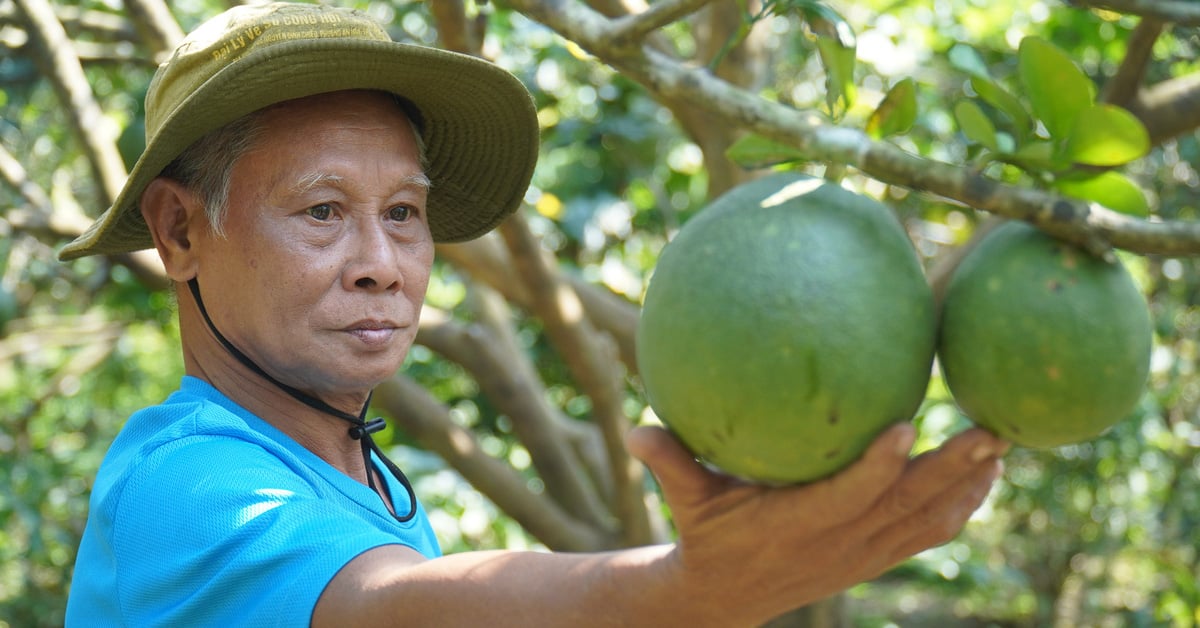

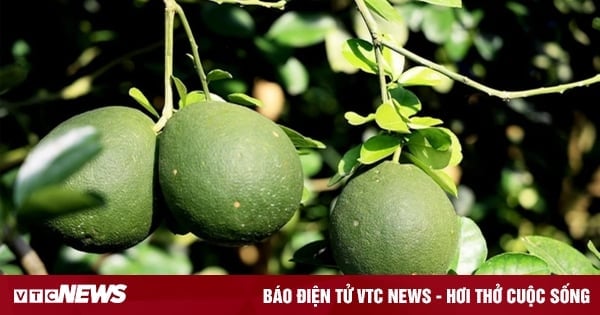

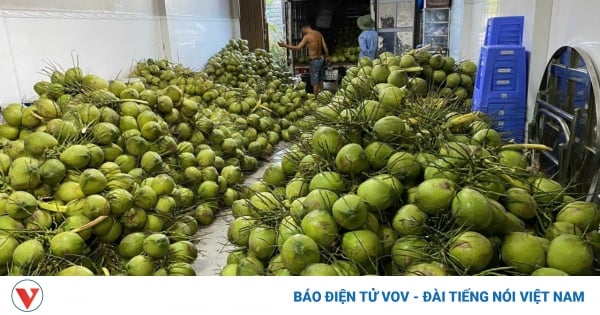







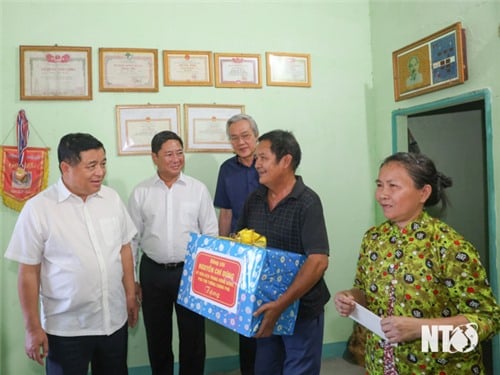

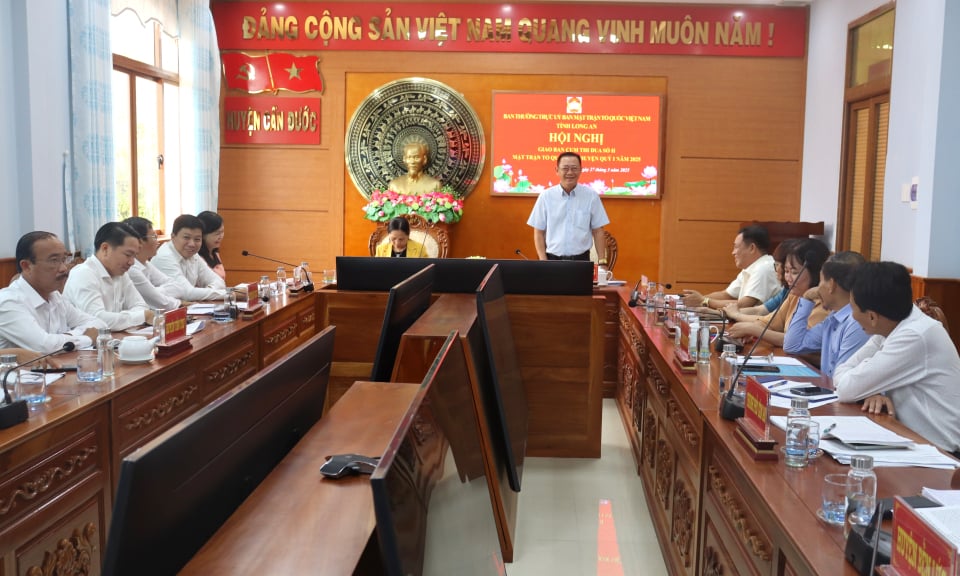





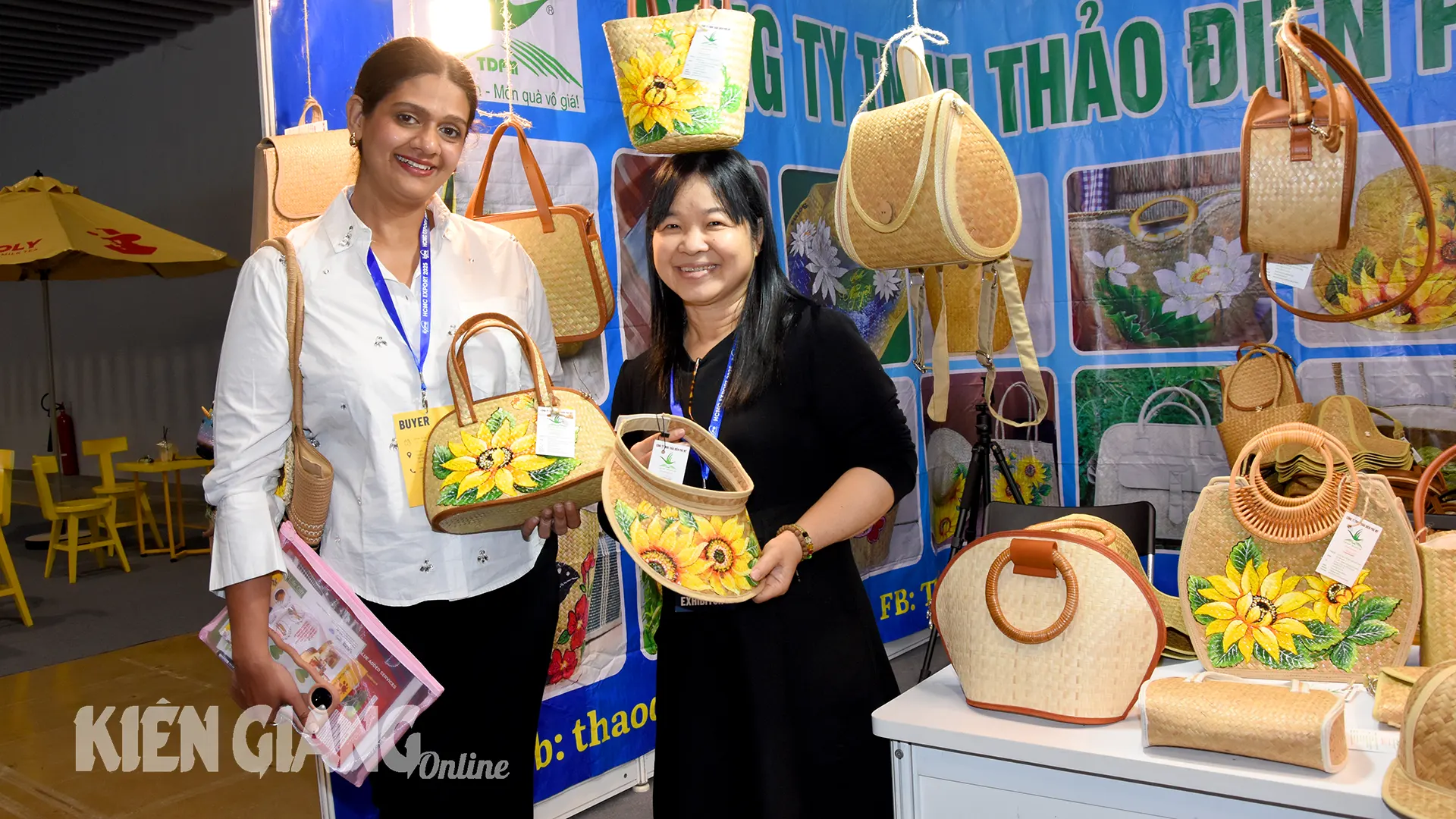



























































Comment (0)